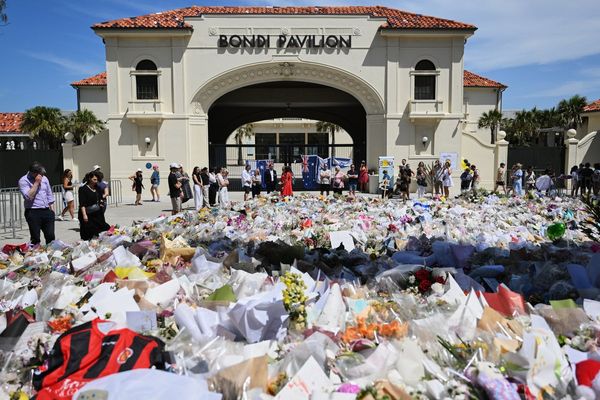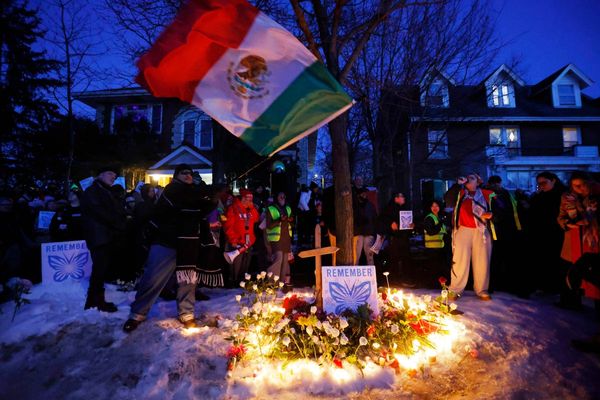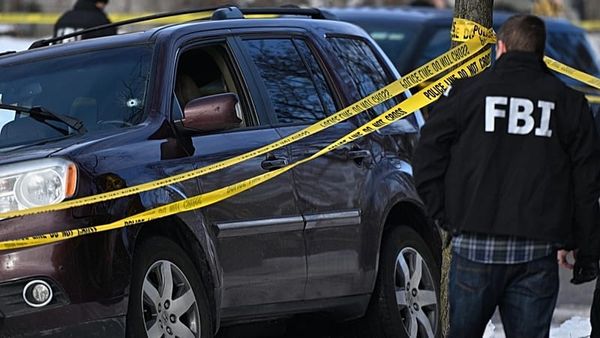
In a significant turn of events, incumbent Eduardo Paes secured a fourth term as the mayor of Rio de Janeiro after winning an absolute majority of votes in the first round of Brazil's local elections. Paes defeated his main rival, Alexandre Ramagem, who is currently under investigation for alleged spying on political opponents. Despite receiving support from former President Jair Bolsonaro, Ramagem's campaign fell short against Paes, who was backed by President Luiz Inácio Lula da Silva.
Meanwhile, in Sao Paulo, the mayoral race is still undecided with three candidates - Ricardo Nunes, Guilherme Boulos, and Pablo Marçal - running neck-and-neck. Marçal, a self-help guru turned far-right politician, has been embroiled in controversy, including violent incidents during televised debates and the dissemination of a falsified medical report targeting Boulos.
The electoral court in Sao Paulo took action against Marçal by suspending his Instagram account for 48 hours due to violations of the Electoral Code. Despite attracting some of Bolsonaro's supporters with his fiery rhetoric, Marçal faces strong opposition from Boulos, a housing rights advocate endorsed by Lula.










Across Brazil, more than 155 million eligible voters participated in the local elections, with a significant portion concentrated in the southeastern region where Rio and Sao Paulo are located. Notably, nearly 1,000 transgender politicians ran for office in all 26 states, marking a threefold increase from the previous elections.
In municipalities with over 200,000 registered voters where no mayoral candidate secured an absolute majority, a second round of voting will be held. The outcome of these elections will shape the leadership in Brazil's 5,569 municipalities and reflect the diverse political landscape of the country.







